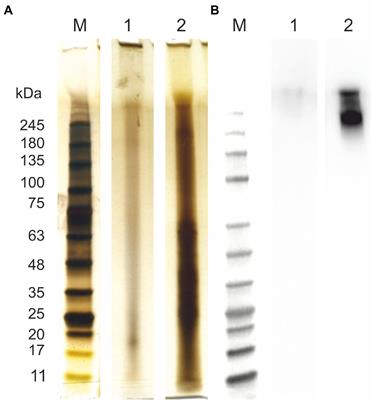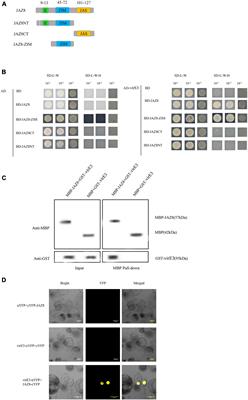EDITORIAL
Published on 18 Oct 2022
Editorial: Elicitors, secret agents at the service of the plant kingdom
doi 10.3389/fpls.2022.1060483
- 719 views
- 2 citations
7,546
Total downloads
30k
Total views and downloads
You will be redirected to our submission process.
EDITORIAL
Published on 18 Oct 2022
ORIGINAL RESEARCH
Published on 26 Sep 2022

ORIGINAL RESEARCH
Published on 20 May 2022

ORIGINAL RESEARCH
Published on 30 Nov 2021

ORIGINAL RESEARCH
Published on 19 Nov 2021

ORIGINAL RESEARCH
Published on 07 Oct 2021

ORIGINAL RESEARCH
Published on 06 Sep 2021

ORIGINAL RESEARCH
Published on 01 Sep 2021

ORIGINAL RESEARCH
Published on 11 Aug 2021

ORIGINAL RESEARCH
Published on 06 Aug 2021

